From research describing on-the-water impacts for communities, to local initiatives that put producers in touch with new markets or provide the supplies workers need to stay safe, Conservation Alliance organizations are hard at work supporting seafood producers all over the world as they respond to the COVID-19 pandemic.
Comunidad y Biodiversidad (COBI), a Mexican-based NGO working to build sustainable Mexican fisheries, took action at the early signs of our world beginning to change. COBI moved quickly to initiate a consulting process with fishers in eight Mexican states to understand the social and economic impacts of the pandemic. In the report, Mexican Fishing Communities’ Resilience to COVID-19, 89% of interviewees noted market closures and price reductions, and nearly half of respondents shared that they have been forced to stop fishing activities altogether. Based on these and other challenges revealed by the report, COBI is now connecting Mexican fishing communities with response and recovery mechanisms to help support their livelihoods. A new report, focused on the role of the State in supporting fishing communities during the pandemic, is now available as well.
Further south, the Future of Fish team is working with Peruvian NGOs, fishers, chefs, and local media outlets on a public campaign that is building demand for locally-caught seafood to support fishers in Peru, following a drop in seafood sales since the pandemic began. By creating simple but effective Facebook ‘buy and sell’ groups and building partnerships that support transport logistics, Future of Fish is also helping people move fish from coastal landing sites in Peru directly to market centers and customers. Plus, they have launched a campaign that is providing small fishing villages with the protective equipment they need to sell seafood safely. In Belize, Future of Fish partnered with The Nature Conservancy to help a local fishing cooperative make their processing plant COVID-compliant, and in Chile, they are supporting direct sales from fishers to open air market vendors.
Meanwhile in Ecuador, following the suspension of red crab harvesting in the Gulf of Guayaquil, Conservation International (CI) is leading a campaign to provide immediate support to the vulnerable families living in isolated mangrove areas with restricted access to supermarkets or health services. Off the coast on the Galapagos Islands, CI is providing protective equipment to ensure that fishermen and park rangers can work safely.
Argentina-based CeDePesca reports that with the export market now more or less closed, the effects are devastating for an industry with minimal domestic markets. Similar tensions are being felt in the UK, where groups like Marine Conservation Society are encouraging consumers to buy local as decades old seafood markets attempt to shift toward a new normal. In Spain, a country very reliant on tourism in its southern coast, food service (HORECA) hangs precariously as ClientEarth works to continue discussions around sustainability.
In Asia, Japanese retail sales are on the rise while the restaurant industry and small coastal fishing communities are struggling due to sudden fluctuations in supply chains and prices. To strengthen the seafood sector in Japan, Seafood Legacy is educating seafood companies about the benefits of maintaining a focus on sustainability in a post-pandemic economy and helping businesses to think about the future. In Indonesia, falling demand for exports has Fair Trade Certified seafood producers lacking work, and for those still able to fish, worker safety is of great concern. In response, Fair Trade fishers are using their premium to buy protective equipment and disinfectants, as well as food. In response to these and other needs in seafood producing communities across the globe, Sustainable Fisheries Partnership has compiled a set of international resources to help keep fishers and seafood workers safe.
Though times are hard, the Alliance community continues to work together toward the sustainable future we wish to see for our oceans and the people who are counting on them for food and employment. Follow us on Twitter for updates from our community hard at work around the world helping to lift up the seafood producers affected by the COVID-19 pandemic.
